- myFICO® Forums
- FICO Scoring and Other Credit Topics
- Personal Finance
- 401k vs pay down debt
- Subscribe to RSS Feed
- Mark Topic as New
- Mark Topic as Read
- Float this Topic for Current User
- Bookmark
- Subscribe
- Mute
- Printer Friendly Page
401k vs pay down debt
Is your credit card giving you the perks you want?
Browse credit cards from a variety of issuers to see if there's a better card for you.
- « Previous
-
- 1
- 2
- Next »
- Mark as New
- Bookmark
- Subscribe
- Mute
- Subscribe to RSS Feed
- Permalink
- Report Inappropriate Content
Re: 401k vs pay down debt
@SouthJamaica wrote:
@seanf12 wrote:I am currently maxing out my 401k contribution at the full, annual amount of $22,500, while also following the debt snowball method, for which I am on track to have all non-mortgage debt paid off in 20 months (while still maxing out my 401k). I was considering decreasing my 401k contributions to the same level of my employer match, and instead take those funds and put them towards the debt. If I pay those extra funds towards my debt instead of 401k, I would have all of my non-mortgage debt paid off in 15 months instead of 20. Of course, I would lose the tax advantages. What are your thoughts, is it worth getting the debt paid off 5 months faster, or should I continue with my current strategy of maxing out my 401k while still following the debt snowball and getting things paid off in 20 months? Thanks!
I'm probably in a minority but I think it's a good idea to concentrate on paying down the debt.
I am in your camp. I would much rather pay off the debt first and use that extra cash flow later to build up the 401k. But this only works if you are truly commited to becoming mostly debt free, especially with credit card and consumer finance debt.
- Mark as New
- Bookmark
- Subscribe
- Mute
- Subscribe to RSS Feed
- Permalink
- Report Inappropriate Content
Re: 401k vs pay down debt
I agree paying down doubt is likely more important than saving (provided you have at least a sufficient minimum savings). But, in my opinion, it should be distinguished that 'high interest' debt should be paid first, not necessarily low interest debt. I only have two loans right now. My wife's car loan at 1.99% and our mortgage at 2.65%. When savings rates were low, we would toss extra money at these loans. Now that savings rates are 5%ish, we have stopped and pay only the monthly amount due, keeping the extra money in savings. My general thought is, pay off debt that is higher than any investments you can get.
5% CB rotating:
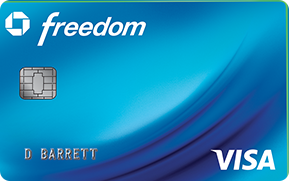

 ;
;Everyday 3% CB:
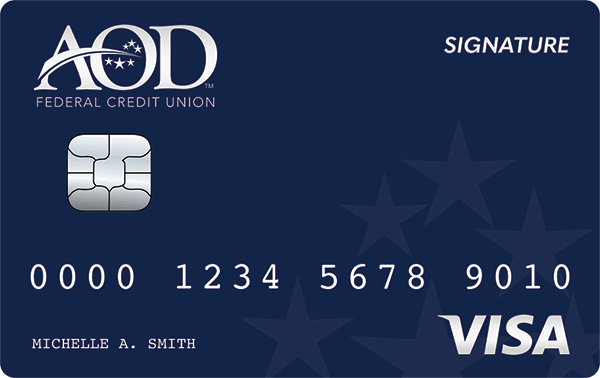 ;
;Everyday 5%:

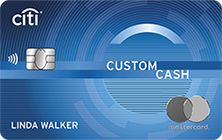


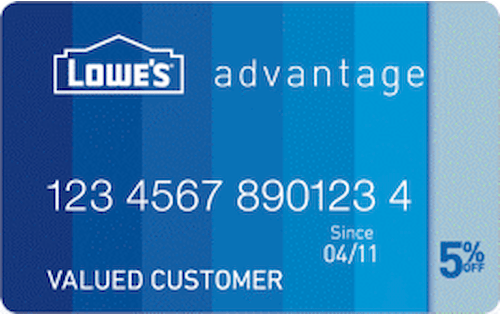

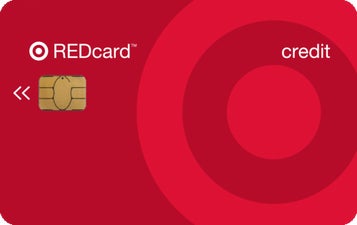 ;
;Companion Card:
 ;
;Everyday 2.2% CB:
 ;
;Retired to sock drawer after AOD (kept alive w/ 1 purchase every 6 mo):

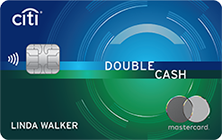
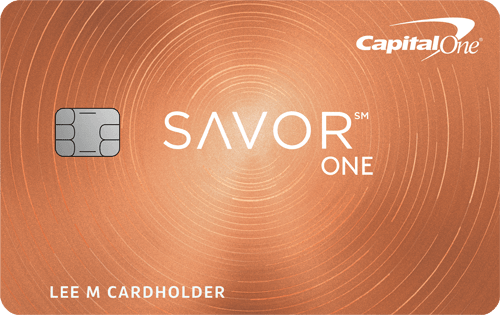 ;
;On my radar:
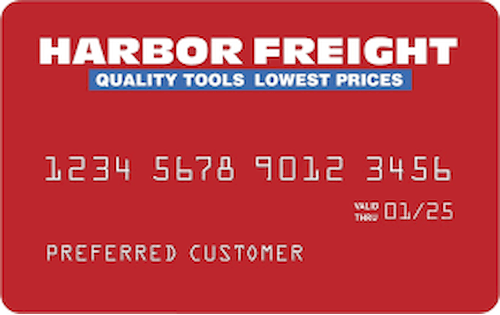
 ;
;Still Waiting for an Invite:
 ;
;No hope:
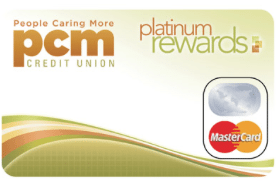
- Mark as New
- Bookmark
- Subscribe
- Mute
- Subscribe to RSS Feed
- Permalink
- Report Inappropriate Content
Re: 401k vs pay down debt
"I was considering decreasing my 401k contributions to the same level of my employer match, and instead take those funds and put them towards the debt."
^^^ This ![]()
- Mark as New
- Bookmark
- Subscribe
- Mute
- Subscribe to RSS Feed
- Permalink
- Report Inappropriate Content
Re: 401k vs pay down debt
@Kforce wrote:"I was considering decreasing my 401k contributions to the same level of my employer match, and instead take those funds and put them towards the debt."
^^^ This
Great idea!
- Mark as New
- Bookmark
- Subscribe
- Mute
- Subscribe to RSS Feed
- Permalink
- Report Inappropriate Content
Re: 401k vs pay down debt
The value of a 401k is in not paying taxes on gains. Let's generously assume you could earn 10% in a year on money invested in something, e.g. stocks, in your 401k. After a year you sell the stocks. If the money wasn't in your 401k, you would have to pay up to 2% in long term capital gains, leaving a gain of only 8%. Do this for another year and the 401k is ahead by 4% vs a traditional account, after 3 years it's ahead by 6%, etc.
If your credit card debt is at 25% APR and you're paying off about 9 months early by taking from your 401k, you're saving 18% in interest.
So the most important question is how long it will be before you use that 401k money. If less than 9 years (e.g. if you're over 55), absolutely pay off the credit card debt. In fact, you only get taxed when you sell your investment, so the difference between 401k and traditional is less than 2% per year. If you only change your investment every 5 years then it will be 45 years before the difference grows to 18%.
- Mark as New
- Bookmark
- Subscribe
- Mute
- Subscribe to RSS Feed
- Permalink
- Report Inappropriate Content
Re: 401k vs pay down debt
I would only contribute enough to get the max employer match, then stop there. For long-term retirement planning, you will be taxed a bunch when you take out, the employer match is the only good reason to contribute. Use leftover to pay off current bills, when those are payed off, go for a Roth IRA so you won't get taxed on withdrawal after growth. Depending on company plan, I would also consider in the future taking the IRA to a back-door Roth IRA not to exceed your tax bracket yearly to let long-term growth be tax-free.
- Mark as New
- Bookmark
- Subscribe
- Mute
- Subscribe to RSS Feed
- Permalink
- Report Inappropriate Content
Re: 401k vs pay down debt
Actually the number doesn't change much if you change your investment every 5 years. So I would say if you're under 55 you should max out the 401k probably.
- Mark as New
- Bookmark
- Subscribe
- Mute
- Subscribe to RSS Feed
- Permalink
- Report Inappropriate Content
Re: 401k vs pay down debt
What are you carrying paper on, and what are the interest rates?